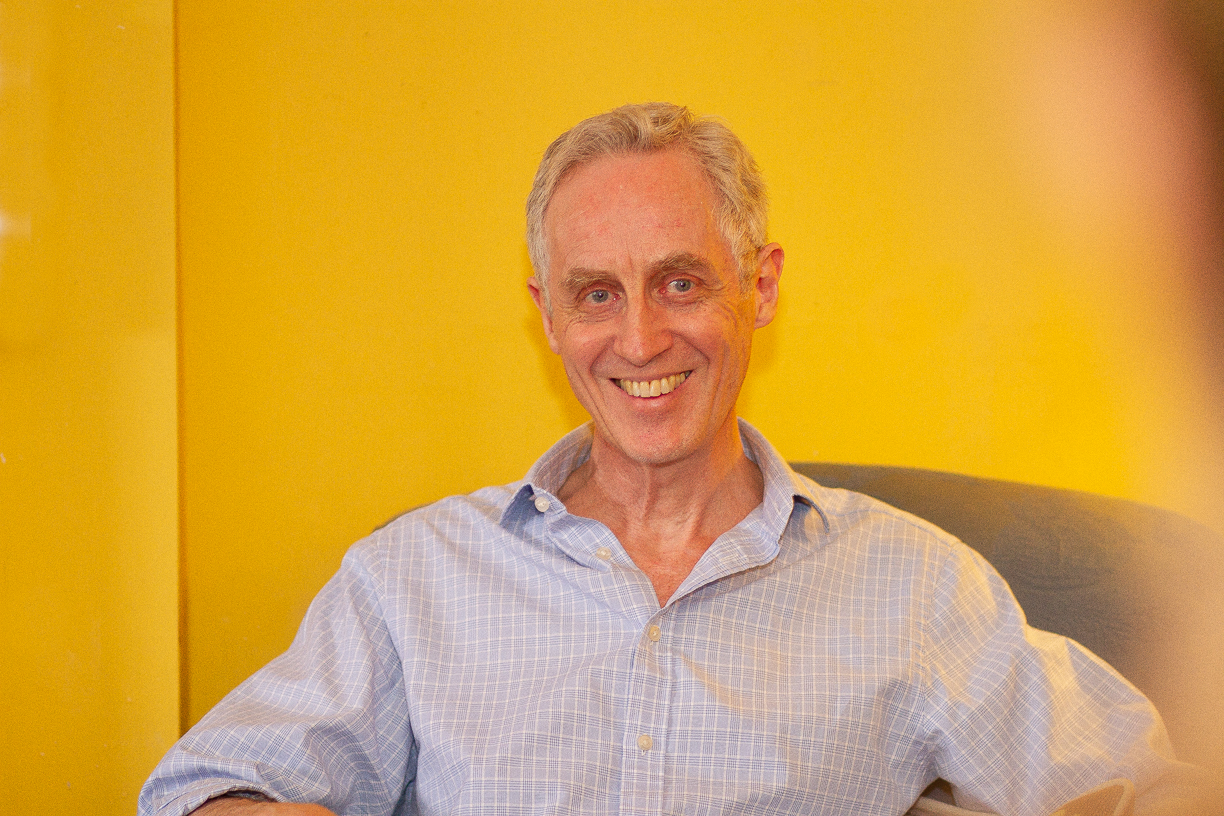
Relationships at work
So often our experience of work is affected not so much by the content of what we do but by the quality of relationship we have with others there – our bosses, our team, our peers, others outside the organisation.
Difficult boss
We may be finding our boss difficult in all sorts of ways. She may appear unsupportive; he may be aggressive; or inconsistent; or evasive; or unsympathetic to our values; or impatient; or over-demanding; or absent; or prone to micromanaging…to name but a few possible issues.
What can happen is that our focus becomes concentrated on the failings of the boss, the problem that she or he is, how much better it would be if he or she were gone.
Difficult team member
Likewise, we may be having problems with someone who reports to us. The problem may be one manifest to us, for example repeated missing of deadlines, unreliability, lack of progress. Or it may be one perceived by others and ‘complained about’ to us, for example a person we hired whom others in the organisation find fault with.
What is our reaction in these cases? Where do we find ourselves placing responsibility or blame? Is the employee’s performance down to them? Alternatively, do we blame ourselves (‘I am responsible, I am a bad manager”)? If others are complaining, do we become defensive of our team, or do we accept the possibility that such complaints may, at least in some way, be valid?
Poisonous colleague
Maybe we have to work cooperatively with someone, to whom we do not report but is not our direct report, who makes our life difficult; a colleague, or someone outside our organisation. Do we ignore their behaviour? Do we complain up the line? Do we stand up to them? Do we give as good as we get? Do we make a bullying complaint?
Maybe there a cliques and we find ourselves excluded.
The way other people are with us can sometimes have very negative impact on our working lives.
How coaching can help
The question is: what is going on in these situations? Can we step back and see objectively our typical patterns of reaction? And are other possibilities open to us by way of response?
Coaching for work brings the attention back from what is wrong with ‘the other’ – the external – towards our own, habitual, patterns: patterns of feeling, patterns of thought, patterns of action.
The more we focus on these, the more we can take ownership of them, the greater the breadth of possibility opens before us: greater possibility of different points of view, of alternative reactions, of alternative responses.
The thing is: How we ‘are’ with another person creates reactions and responses in them, the same as how they ‘are’ with us creates reactions and responses in ourselves. Largely, out there, this fact is out of awareness. Coaching is about raising awareness. The consequence of raising awareness is to expand the range of possible responses, from the automatic, habitual reaction (“They should/shouldn’t…, It’s wrong what they’re doing…, Such and such makes me really angry…”).
Can we free ourselves, first, from the automatic reaction, and then become curious and objective about whatever is occurring? Can we ‘be’ different with the other from how we have been up until now?
If we can intentionally ‘be’ different with them, they will be different with us.
If this is of interest to you and you would like to explore further how coaching might help, please make contact with me.